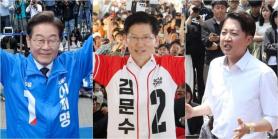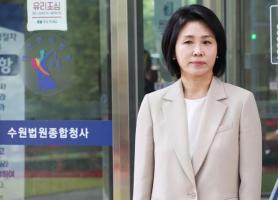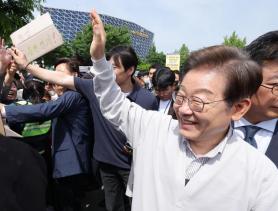
Lee Jae-myung of the liberal Democratic Party and Kim Moon-soo of the conservative People Power Party have each unveiled ambitious digital asset agendas aimed at expanding access to crypto markets and integrating them more closely into the financial mainstream.
Their proposals reflect a broader surge in domestic interest in digital assets, as well as international momentum driven by U.S. policy shifts under the Trump administration.
“We will help young people build assets,” Lee wrote in a May 6 Facebook post, outlining plans to legalize spot crypto ETFs and introduce an integrated oversight system for the digital asset market.
Kim, for his part, has included ETF approval in a broader initiative to bolster middle-class wealth, listing it as the fifth of his 10 core campaign pledges. He has also floated the possibility of permitting government entities to invest in digital assets — an idea likely to stir debate among more conservative financial policymakers.
Financial authorities in South Korea have taken a cautious approach to cryptocurrency, citing concerns about volatility and systemic risk. However, the administration and ruling party agreed in March to consider allowing spot ETFs, signaling a possible shift in the regulatory landscape.
Analysts say the move could democratize access to cryptocurrency investment, enabling individuals to trade digital assets through traditional brokerage accounts without the need for dedicated crypto wallets or direct exchange involvement.
Within Lee’s campaign, a newly formed Digital Asset Committee met for the first time Tuesday to begin crafting a comprehensive regulatory framework. Topics under review include the treatment of stablecoins, non-fungible tokens (NFTs), and security token offerings (STOs).
Kim’s party unveiled its own seven-point crypto platform last month, which proposes dismantling the longstanding “one exchange, one bank” policy and establishing clearer legal parameters for business engagement in the digital asset space.
Yet the candidates part ways on the question of won-backed stablecoins. Lee supports their creation as a tool to curb capital outflows, a position criticized by Lee Jun-seok of the minor Reform Party, who dismissed the idea as indicative of “a lack of understanding of market realities.”
Copyright ⓒ Aju Press All rights reserved.




